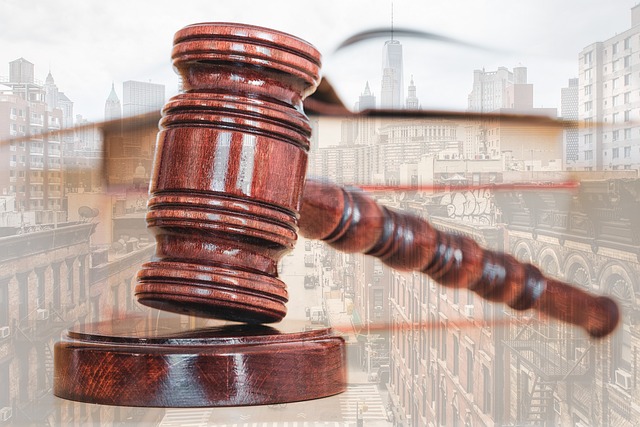Mastering IP Compliance: Navigating Global Protections for Your Creative Works
Intellectual Property Rights (IPRs) are essential tools for businesses and creators in today's…….
Understanding Intellectual Property Law
Intellectual property (IP) law is a branch of law that deals with the creation, protection, and use of inventions (patents), marks (trademarks), symbols (copyrights), designs (industrial design rights), and trade secrets. It is a body of laws that grants creators and inventors certain exclusive rights for a certain period of time, subject to certain conditions, with the ultimate purpose of encouraging innovation and creativity.
IP law’s core components include:
The historical context of IP law dates back to the late 19th and early 20th centuries when various countries began to enact laws for the protection of inventions and works of authorship. The Paris Convention for the Protection of Industrial Property (1883) and the Berne Convention for the Protection of Literary and Artistic Works (1886) are foundational treaties that laid the groundwork for international cooperation on IP law.
Global Impact and Trends
IP law has a profound global impact, shaping trade relations, influencing cultural exchanges, and fostering innovation across borders. Key trends include:
Economic Considerations
The economic aspects of IP law are multifaceted. It affects market dynamics by providing creators with exclusive rights to monetize their creations. Investment patterns in R&D-intensive sectors like pharmaceuticals, technology, and entertainment are heavily influenced by the strength and clarity of IP protections.
IP law’s role in economic systems is critical. It creates an environment where investments in innovation can yield returns, thus stimulating economic growth and productivity. A robust IP framework can lead to increased foreign direct investment (FDI) and trade, contributing to a country’s GDP.
Technological Advancements
Technological advancements have significantly impacted IP law, particularly with the rise of digital media and the internet. The challenge lies in adapting existing IP laws to new technologies such as blockchain, cryptocurrencies, and AI, where traditional notions of ownership and creation are being redefined.
Future potential includes:
Policy and Regulation
Key policies, regulations, and legislative frameworks that govern IP law include:
These bodies influence the development of IP law by setting international standards and facilitating cooperation between nations.
Challenges and Criticisms
IP law faces several challenges and criticisms:
Strategies to overcome these issues include strengthening enforcement mechanisms, improving the quality of patents, and ensuring equitable access to protected works, particularly in low-income countries.
Case Studies
Several case studies exemplify successful applications of IP law:
Conclusion
IP law is a dynamic and critical component of the global legal framework, impacting innovation, trade, culture, and economics. As technology continues to evolve, so too must the laws that govern intellectual property to ensure they remain effective and fair. The challenge for policymakers, legal practitioners, and the international community is to adapt IP law to meet the needs of the 21st century while addressing the significant social and economic implications it carries.
Note: The content above provides a high-level overview of various aspects of intellectual property law. For detailed information or specific case studies, one should consult legal experts or scholarly articles. Additionally, the impact of IP law is subject to ongoing debate and evolution, reflecting the complexities of balancing rights and public interest in a rapidly changing world.

Protecting creative efforts and fostering innovation through Intellectual Property Rights (IPR) is c…….

Protecting intellectual property (IP) through registration is crucial for businesses and inventors……..

Intellectual Property (IP) rights, particularly trademark registration, are vital for creators and e…….

IP portfolio management, led by expert IP lawyers, is a strategic process designed to maximize clien…….

Protecting creative works through robust intellectual property (IP) infringement defense is crucial……..

A patent attorney is a crucial expert for protecting intellectual property (IP), offering specialize…….

Intellectual Property (IP) rights, including patents, trademarks, and copyrights, are essential for…….